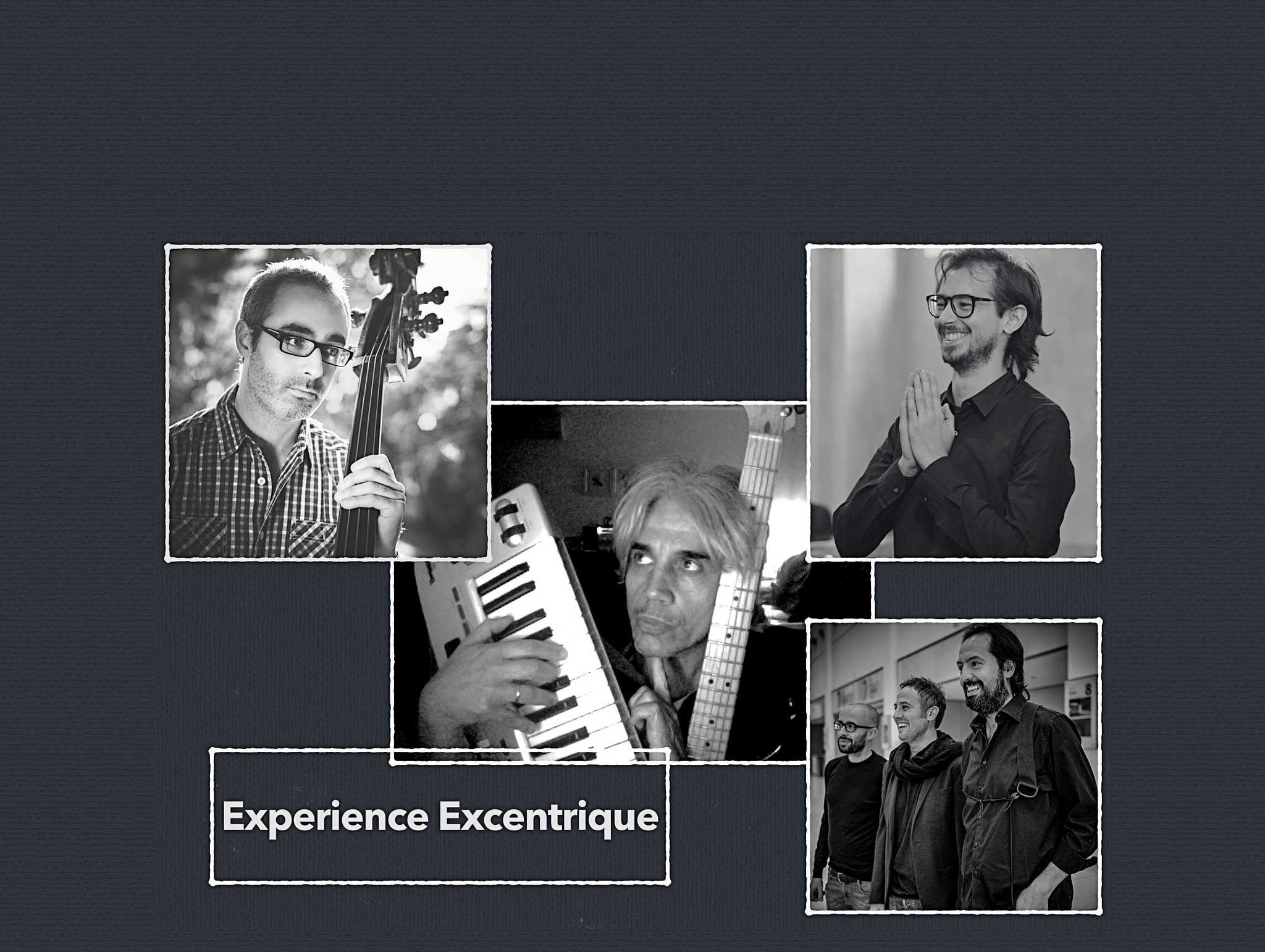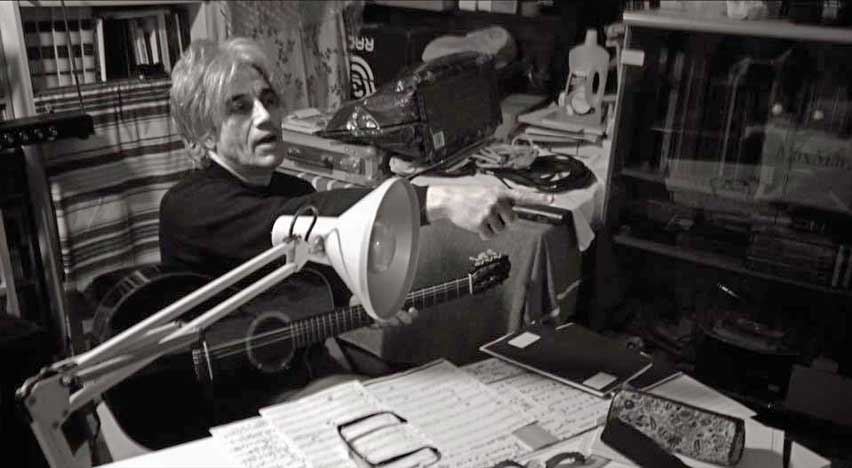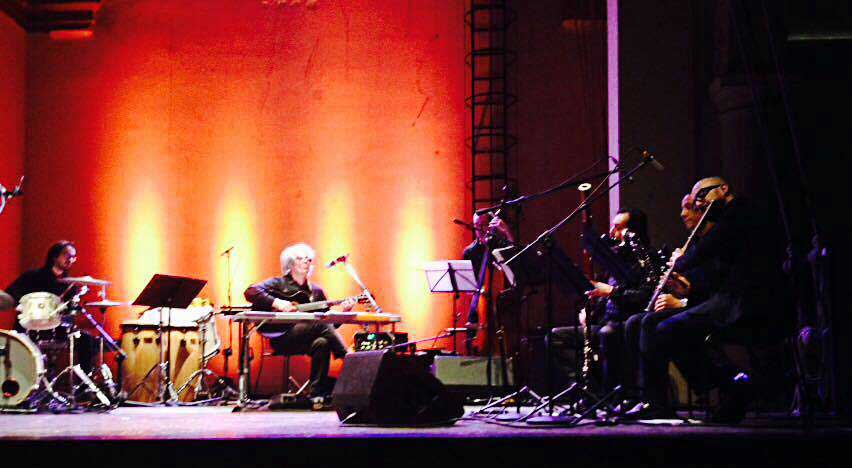Experience
Excentrique

No one can deny that the songs produced between 1967 and 1975 were something completely different from the past. In fact, to define them as songs would in some ways be reductive. Some of them could last up to twenty minutes, in the seamless form of a suite or else without interruptions or as variations within a single time period.
This music represented to us eleven-year-olds of ‘72 the radical evolution of the form of the song. We later discovered that there were many common elements with the composers of the twentieth century and not only: Stravinsky, Bartók, Prokofiev, Webern, Sibelius, Mahler and others.
We were familiar with the music of "The Right of Spring". We were not at all shocked by it. We’d already heard it. In some ways it was still rock – Led Zeppelin with a symphonic orchestra in great pomp. Perhaps Mozart’s K.87 was more difficult. And Bach? An impenetrable sphinx that would reveal itself to our ears later.
Gentle Giant, for example, represented to us teenagers of ‘74 the highest point of a certain musical quest, one that today is considered to begin with Sgt.Pepper's, but which probably begins with Zappa’s Freak Out (1966), the Byrds' Fifth Dimension (1966) as well as with the Beatles’ Revolver (1966).
We later discovered that in the notes of Freak Out Zappa quoted Stravinsky and Varese along with many blues musicians. We later also discovered that on the cover of Sgt. Pepper's there was, along with Dylan, Fats Domino and Aleister Crowley, also Stockhausen. We later discovered that in Absolutely Free Zappa quoted, in the song “Amnesia Vivace”, fragments of The Rite and the ending of The Firebird. In the song that precedes it (see the order of the tracks on the album) “The Duke of Prunes” owes a great deal to Stravinsky’s The Song of the Nightingale. We later discovered that Gentle Giant’s On Reflection is a four-voice fugue. And Beethoven? If you listen to the second movement of Opus 135 it sounds almost like progressive rock for a string quartet, composed in 1826.
Tonight’s concert shows in detail the dialogue between types of music that are far away from each other only in appearance. A review called “Rock Through the Centuries” might explore the links and relationships further.
And jazz? Jazz is another story. As for in those years...


